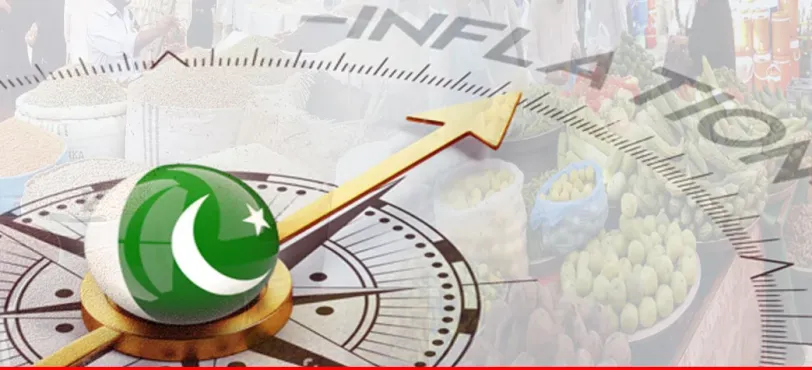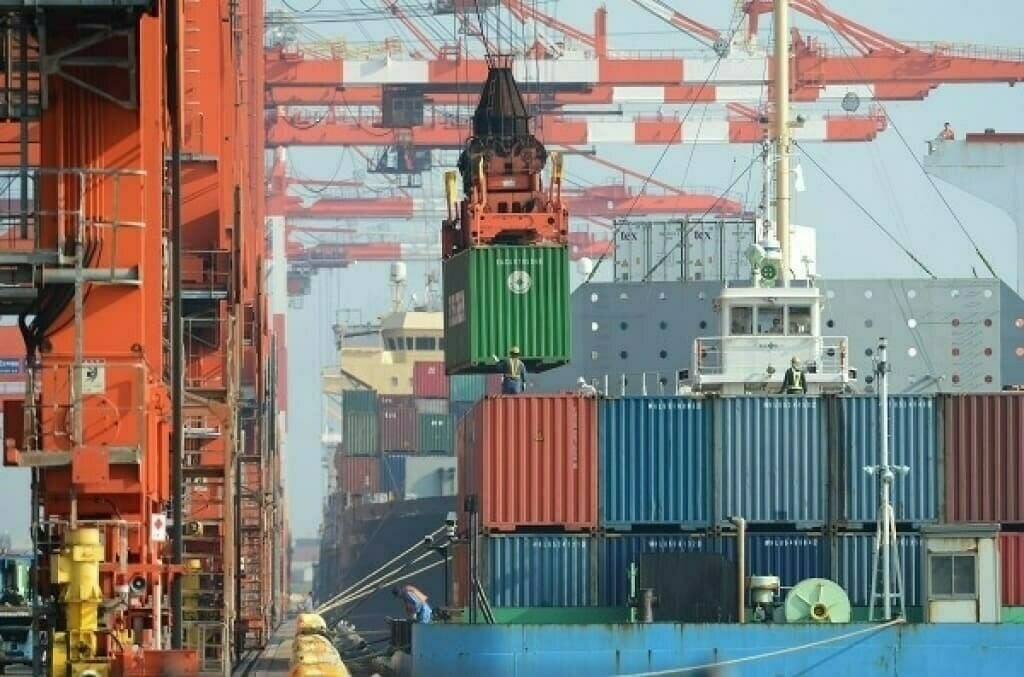PTBP Web Desk
The Economic Coordination Committee (ECC) of the Cabinet convened on Tuesday at the Finance Division under the chairmanship of Finance Minister Muhammad Aurangzeb to review a wide array of proposals spanning national security, defence, food security, and petroleum sector reforms. The meeting emphasized strategic investments and policy measures to enhance national security, support economic growth, and strengthen energy exploration in Pakistan.
The ECC gave approval to a Technical Supplementary Grant (TSG) of Rs50 billion submitted by the Defence Division. This fund is allocated to various approved projects of the Defence Services, reinforcing Pakistan’s military preparedness and modernisation efforts.
In addition, the committee approved a TSG of Rs100.3 million requested by the Ministry of Interior & Narcotics Control for the maintenance and repair of defence equipment used by the Federal Civil Armed Forces (FCAF). These funds are expected to enhance operational efficiency and the readiness of personnel tasked with internal security duties.
Furthermore, the ECC sanctioned an additional Rs841.56 million for the Ministry of Interior & Narcotics Control to support border control operations, internal security, and law enforcement by the FCAF. This allocation aims to strengthen Pakistan’s national security framework and ensure sustained law and order across the country.
The Ministry of National Food Security & Research presented a summary concerning the winding up of PASSCO (Pakistan Agricultural Storage and Services Corporation) and the establishment of a Special Purpose Vehicle (SPV) to manage its operations in a streamlined manner.
The ECC approved the formation of the SPV, permitting an initial paid-up capital of Rs1 million, with provisions to adjust the authorised capital as needed to ensure the structured winding down of PASSCO. This measure is part of broader food security reforms, ensuring efficient management of agricultural storage, distribution, and related financial operations.
The Petroleum Division tabled a proposal to extend license periods and assign working interests for offshore oil and gas exploration blocks. The ECC approved the recommendations, highlighting their importance in attracting foreign investment and facilitating enhanced participation of international energy companies in Pakistan’s petroleum exploration sector.
These reforms are expected to stimulate exploration activities, bolster domestic energy production, and enhance Pakistan’s overall energy security. The committee underscored the significance of creating a conducive environment for foreign companies to invest in Pakistan’s energy sector.
The meeting was attended by key federal ministers and senior officials, including:
- Federal Minister for Petroleum, Ali Pervaiz Malik
- Federal Minister for Planning & Development, Ahsan Iqbal
- Special Assistant to the Prime Minister, Haroon Akhtar Khan
- Federal secretaries and senior officials from relevant ministries, divisions, and regulatory authorities
The discussions focused on strategic funding allocations, operational efficiency of defence and security forces, and long-term reforms in the energy and food sectors.
By approving the Rs50 billion defence TSG, the ECC has reinforced Pakistan’s commitment to strengthening its military capabilities, maintaining internal security, and safeguarding national borders. The support for FCAF equipment maintenance and additional funding for law enforcement ensures the operational readiness of forces responsible for national and border security.
The establishment of the SPV for PASSCO marks a significant step toward modernizing Pakistan’s food security infrastructure, providing a structured approach for asset management and resource optimization.
Meanwhile, reforms in the petroleum sector aim to boost foreign investment, extend exploration licenses, and enhance Pakistan’s offshore energy production capacity. These initiatives are aligned with the country’s broader strategy to ensure energy security and support economic development.




